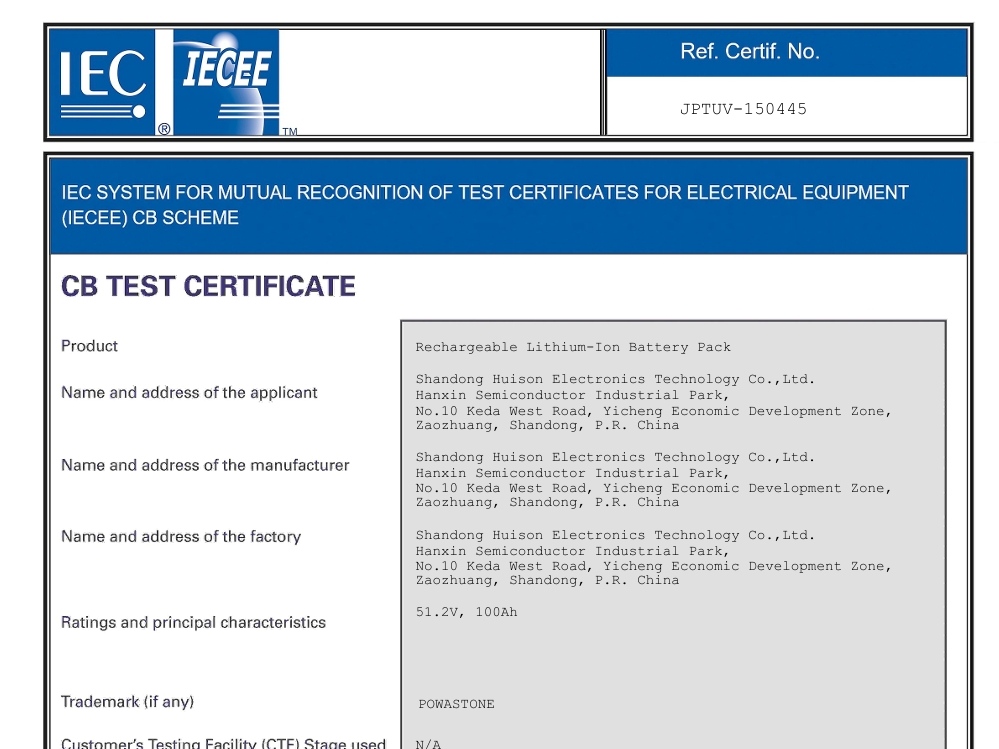Amid the quick developments in Smart Battery Management Systems (BMS) technologies, Smart Battery Management Systems (BMS) have grown into one of the most important options available today. These systems assist in the utilization and saving of energy in addition to improving the efficiency and life of the batteries. In this article, we will explain the advantages of implementing Smart BMS in energy storage systems and its importance in homes, business organizations, and many other places.
As BMS systems charge batteries, the first and most noticeable change that they enable is the Smart BMS increases overall performance of the battery. After all, the Original Equipment Manufacturer support department BMS on average does not monitor and manage the health of the battery subassemblies in the vehicles and the systems are not designed with that in mind. On the other hand, Smart BMS employs advanced strategies along with real time data monitoring and battery diagnostics to evaluate batteries. This helps the system to decide on the most appropriate actions right from the onset which supports preventing ineffective operations associated with charging and discharging cycles. This affects the efficiency of the battery and increases the lifespan of the battery. Due to lowered energy usage, users of smart BMS stand to gain lower payment on maintenance contracts for service and better performance from energy systems.
Smart BMS systems also have the advantage of improved safety features. If not regulated properly, energy storage system lithium-ion batteries can pose a safety concern. Smart BMS integrates modern safety technology like temperature and overheating control, along with other fault detection methods. Smart BMS systems guarantee that users will not experience any battery issues which could lead to dangerous situations by preventing the battery from becoming hazardous. This attention placed on safety becomes especially essential for commercial grade applications which utilize large scale energy storage.
In addition, Smart BMS systems help save money through their unique energy optimization systems. These systems can effectively manage the utilization of renewable resources such as solar and wind. For example, storing excess energy for later use during periods of high energy production enables Smart BMS systems to reduce energy costs and minimize the usage of grid power. This ability, which is crucial for many businesses and households looking to switch to renewable energy, makes Smart BMS systems a key device in modern energy strategies.
Moreover, the Smart BMS application enhances user interaction and data retrieval with regards to energy storage systems. Furchy mentions that numerous Smart BMS systems integrate specialist’s user interfaces and mobile applications which enable users to view their battery systems in real time. Such openness allows users to manage their energy usage, storage, and reserves effectively which further augments system supply efficiency. Moreover, the information captured by Smart BMS contributes significantly towards most strategies developed for managing energy over longer periods.
As a closing remark, with the increasing need for energy storage systems, we see a growing demand for Smart BMS. In the case of further development, it is reasonable to expect Smart BMS to receive features such as AI and machine learning which will enable them to better serve the customers. This transformation will not only sustain higher standards of productivity and reliability in energy storage systems, but will also attain the demands of low cost, alternative energy resources needed for the future.
The advantages of Smart Battery Management Systems in energy storage systems, as detailed earlier, are numerous. They include better battery performance and safety, Smart BMSs foster higher energy management technology while engaging users. With the ongoing changes in industry practices towards sustainability, he development and adoption of Smart BMS will undoubtedly be critical in defining the future of energy storage.







